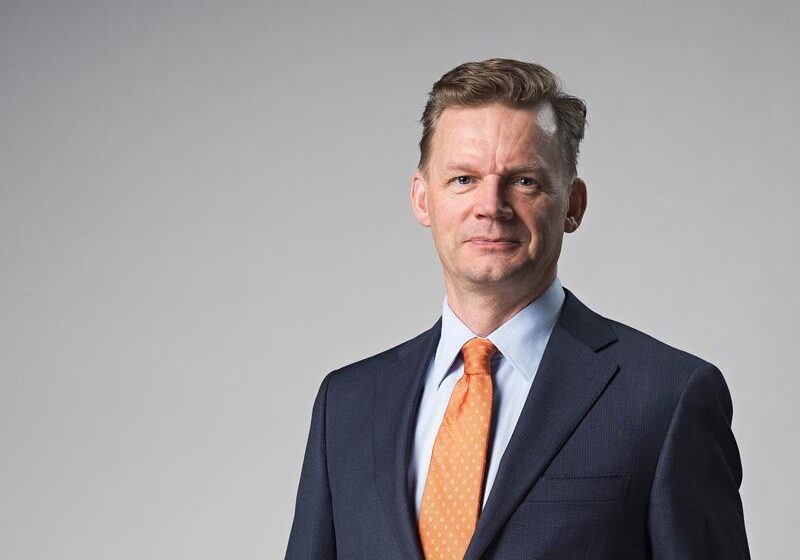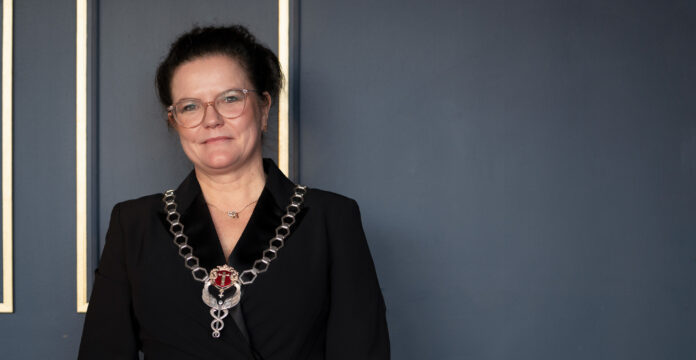The goal of the University of Vaasa is to be an internationally acclaimed, successful and influential university by 2030. One key tool for achieving this goal is to invest in internationalization in line with the strategy. Our university strategy defines this as follows:
”Our international activities have a significant impact on all key areas of the university, education, research and effectiveness. We are active in international and domestic networks and partnerships of excellence in research and education. Members of our community visit, train, and work reciprocally with scientific communities and companies around the world at different stages of their careers. We responsibly promote the integration of foreign experts into Finnish society.”
In Finland the declining demographic development poses a major challenge to the entire Finnish education system, businesses and the public sector. Research, education, digitalisation and internationalization are key development goals at the national level. During the contract period 2020-2024, the Ministry of Education and Culture will direct a record amount of funds (160 Meur) to internationalization. The share of programme based funding in the funding model is larger than ever before. The goal of the ministry is that by 2030, some 20,000 foreign students will come to Finland on yearly basis.
The development of the Finnish population and the policy of the Ministry do influence the activities of the University of Vaasa. We need to work intensively to maintain our current education volume and position among the Finnish universities. As a result, the University of Vaasa must aim for a situation where by 2030 about 35 percent of degree students are foreigners. In addition to this, there will international exchange students, increasing number of international researchers, and international personnel at the university. As an agile player, the University of Vaasa has all the means to go through successfully this profound and rapid change. However, to be successful the development efforts need to begin now.
The schedule and scale of the university’s internationalization are influenced by the terms and amount of the funding provided by the Ministry of Education and Culture. The available funding will be strictly programmatic. It requires the redesign of university education so that it will be more international and more responsive to the needs of businesses and society. At the same time, all activities of the university must be transformed to support internationalization.
These changes will affect every unit and one could say every process within the university. Degree programs will need to be tailored so that they allow significant growth in the numbers of international students. There is also a need for a significant increase in international research funding and networking.
The Ministry of Education and Culture allocates international strategy funding from the beginning of the year 2021 onwards. This means that major development measures must be started from the beginning of the year 2021. Funding and the development of the University of Vaasa international operations will be 2.5 millions per year. Internationalisation has been divided into two main tasks. The University of Vaasa has been assigned national pilot role in Talent boost activities. The Annual EUR 1.35 million funding for the University of Vaasa’s Talent boost activities will continue during the four years period. In addition, the university will receive some 400,000 euros funding for the Finland scholarship programme that is targeting international master’s students. Talent boost activities involve the recruitment of foreign students, development of international degree programmes and integration of students into Finnish working life. All this creates a pressure for major operational development programme and we need to succeed in this.
Global Pilot initiatives will receive 1.2 million annual funding. These activities will take place outside Finland in target areas, which include e.g. USA, Africa, India and China. In these global pilots, Finnish universities develop education, research and innovation activities under common project umbrellas. Overall, the share of international activities in the university funding model will about 15% during the contract period 2021–2024. It is clear that this will shape the activities of the university very profoundly over the next four years.
In addition to the above, the internationalization of the University of Vaasa is being increased by rapidly deepening European cooperation. The University of Vaasa is part of the EUNICE consortium in the European University Network programme. The aim is to deepen cooperation between universities in all areas, research, education, administration and campus cooperation. Activities related to the EUNICE consortium will be an important channel also for EU funding. In addition to the European network, other international partnerships must be developed at a strategic level.
Accreditation of university degree programs is a key part of our internationalization. With their help, the degree programs of the University of Vaasa receive a quality label. This is a key factor in the successful recruitment of international students and international staff. The international rankings of universities are also a key part element of University marketing. All this requires systematic development work in university education, research and societal impact.
International operations are also affected by the development of digital tools and their increased use as a result of the pandemic. This creates opportunities and also threats for the University of Vaasa in terms of internationalization. The University of Vaasa, students and staff alike can operate very independently of location. For the university, this creates opportunities, even entirely by distance learning degree programmes can be offered. On the other hand, it is even easier for Finnish students to sign in to foreign universities to do their degrees.
It is vital that the entire university community will take an active role in the development of international activities. On the university level, rector and vice rectors lead the development of international activities. The vice-rector position in international affairs has been established for a 5-year term.
Rector Jari Kuusisto
University of Vaasa




